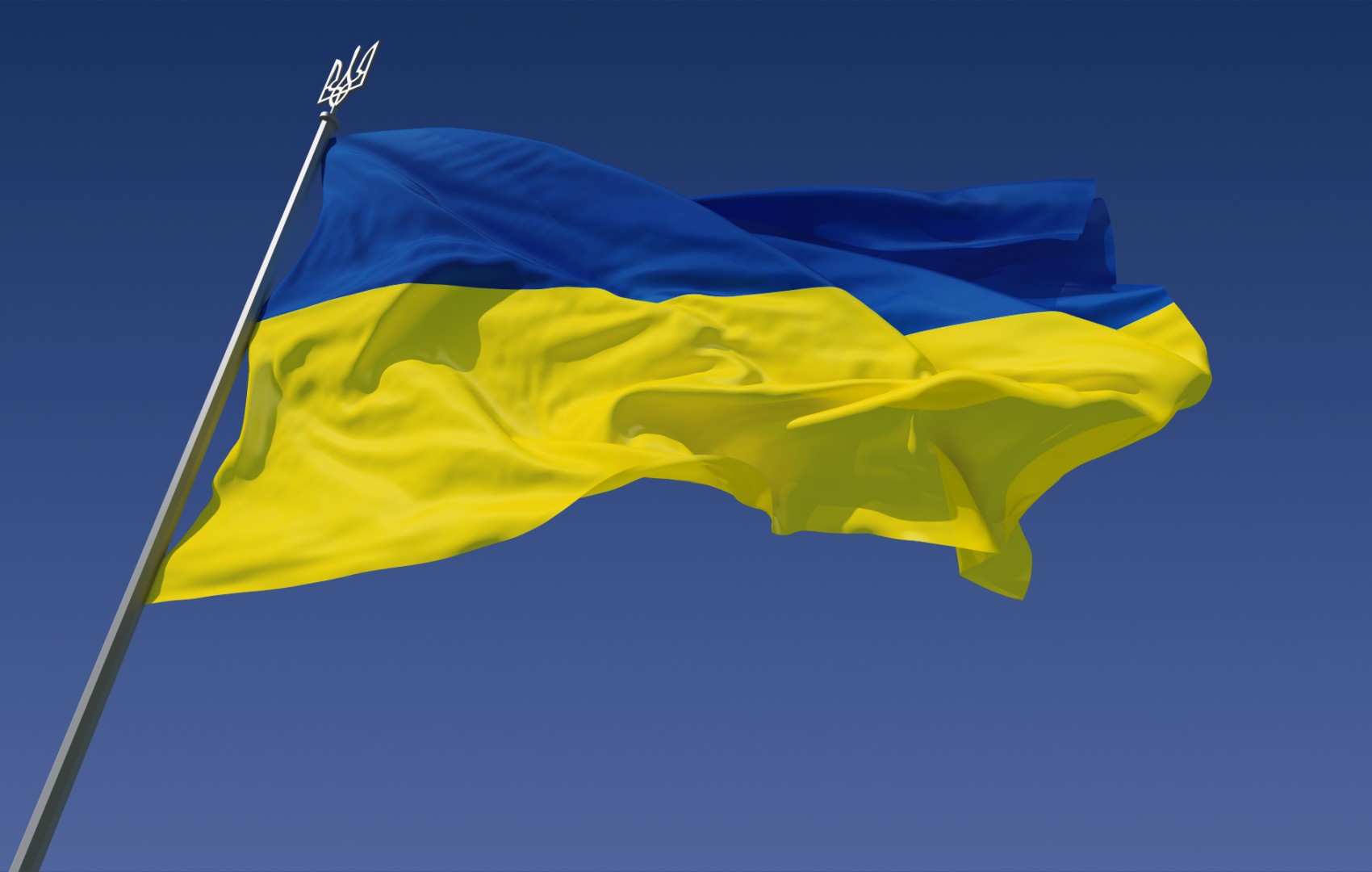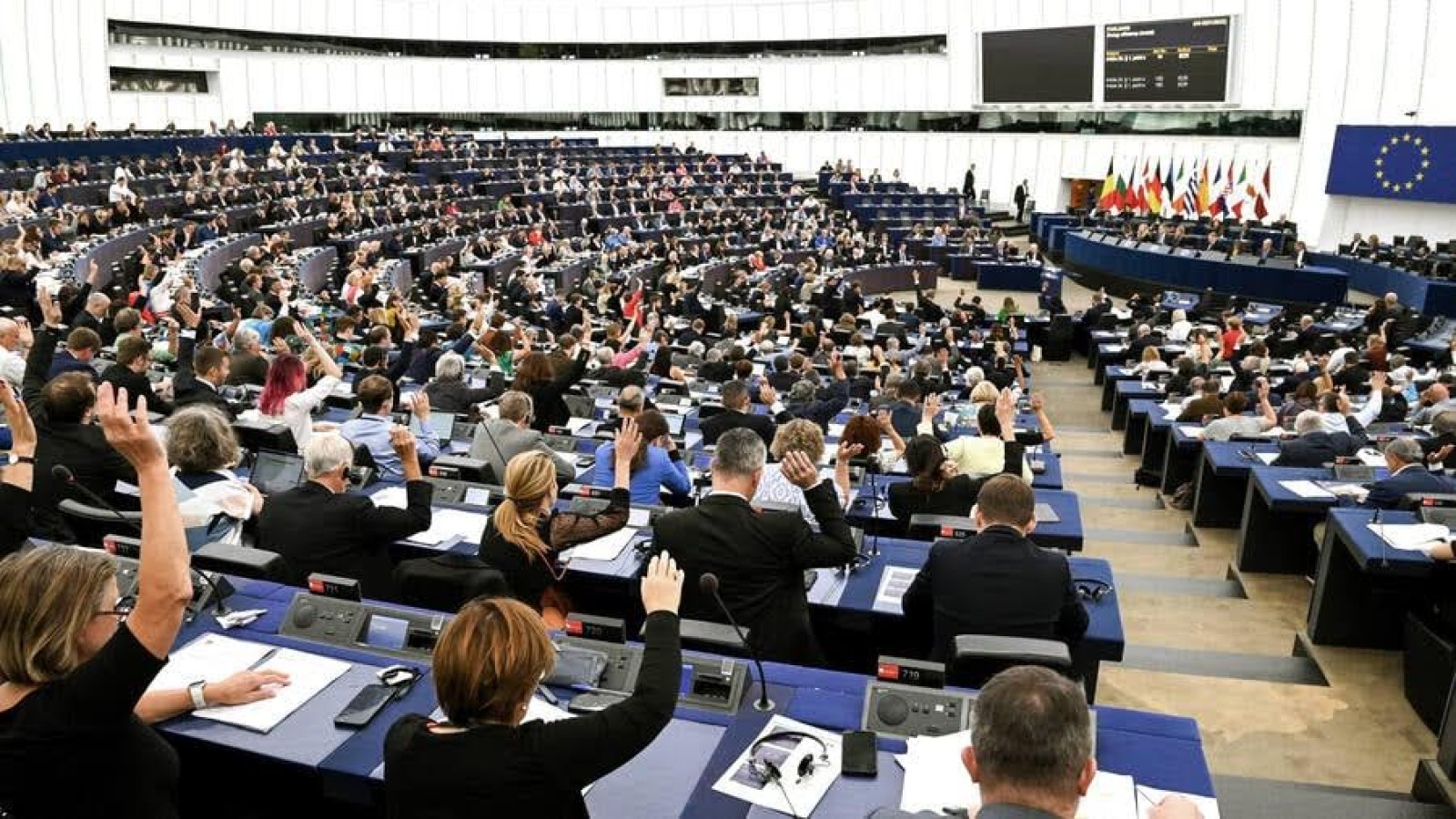Yannis Karamitsios and Diana Sokotun explain how the European elections work and why they matter
1. What is the general profile of the 2024 European Parliament election?
The 2024 European Parliament election is scheduled to be held on 6 to 9 June 2024 in all EU member states. This will be the tenth since the first direct elections in 1979 and the first after Brexit.
More than 300 million voters from 27 EU countries will cast their votes for 720 representatives. The EU countries will be represented by different numbers of seats, depending on their population: from 96 for Germany, to only 6 for Cyprus, Luxembourg and Malta.
Every country will apply its own election system. Only national political parties will run for those elections in each country, as there is no European election list. However they belong to the European-level political groups that will be the only groups functioning in the European Parliament (no national groups there).
The major groups, for this election, are going to be: the EPP (European Popular Party, centre – right), the S&D (Progressive Alliance of Socialists and Democrats, centre-left), Renew Europe (liberal centre), ID (Identity and Democracy, Eurosceptic hard and far right), ECR (European Conservatives and Reformists, eurosceptic and hard right), the Greens (ecoligsts, centre-left) and the Left (marxists and far-left).
According to the opinion polls, the next election is expected to see a conservative majority and a strong block of eurosceptics and far-right MEPs (Members of the European Parliament).
2. Why is the EP election important and what are the main issues?
It is estimated that 60% of national legislation in every EU country transposes legislation first voted by the European Parliament and the Council. These two are the co-legislators who decide about all EU regulations and directives, which are then applicable for all 450 million citizens across the union.
The EU today has a very long range of competences, including economy, environment, transport, energy etc. Therefore those two legislators possess enormous power.
The composition of the European Parliament is thus going to be crucial about the direction of Europe in the next five years in a wide variety of topics, including immigration, economy, reform of EU Treaties, common defence, the European Green Deal and many more. 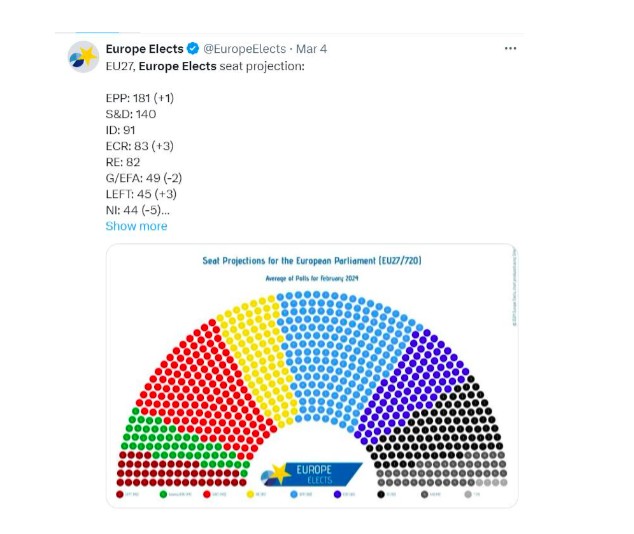
3. Why do we need a high turnout?
The European Parliament, as the direct representative of the European people, possesses a high political weight. It symbolises transnational democracy and is ranked as the top institution of the EU. It is the most powerful international parliament in the world. A high turnout is therefore important for its legitimacy.
In 2014, the participation of voters hit an all time low with a turnout of just 42,6%. However it recovered in 2019 with 50,7% due to the widespread concern about the potential rise of far-right and illiberal forces. We hope that this upward trend will continue in this year’s election.
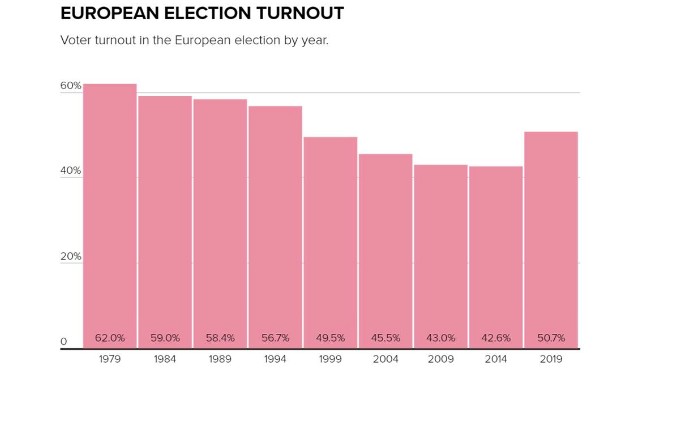
Source of graph: POLITICO Europe
4. What is the basic profile of the European Parliament elections in Belgium?
Belgium is split into three electoral constituencies for the European Parliament elections: the Dutch-speaking college (electing 13 MEPs), French-speaking (electing 8 MEPs), and German speaking (electing 1 MEP).
It will be the first election in Belgium where people from the age of 16 have the right to vote. It will also take place together with the national and local elections.
The main parties to compete for the Dutch speaking college are the nationalist and eurosceptic parties Vlams Belang and the New Flemish Alliance, the liberal ‘Open Flemish Liberals and Democrats’, the centre-right Christian Democratic and Flemish, the ecological Groen, and the centre-left ‘Socialist Party Differently’ and the euro-federalist Volt.
The protagonists of the French-speaking list will consist of the Socialist Party, the Humanist Democratic Centre, the Ecolo, the Reformist Movement and Volt.
5. Ukraine: what is its connection to this election?
Today 58% of Belgian voters are in favour of Ukraine joining the EU in the coming years. This is a high percentage, but slightly below the EU average of 60% and down from 62% of Belgians in September 2023.
This is also the lowest level recorded since 65% of Belgians said they were in favour of such a move just after Russia invaded in February 2022. Belgians are slightly more favourable than the average EU citizen to supplying weapons to Ukraine, with 58% backing the idea compared to 55% across the EU. In June 2023, however, 65% of Belgian voters told Eupinions that they supported EU arms shipments for Kiev. Recently, there has been an increasing discussion in Brussels regarding a general war fatigue.
The EU has provided unprecedented support to Ukraine in terms of financial, economic, humanitarian, and military assistance. The new European Parliament will be called to make important choices for Ukraine’s financing and access to the EU.
The right-wing and left-wing populist MEPs will hypocritically ask to “respect EU taxpayers’ money” and not “waste” it for Ukraine. We must thus elect the maximum possible number of pro-Ukrainian, pro-democracy and pro-liberty representatives.
6. What is the profile and role of hard-right Vlaams Belang?
Vlaams Belang is a hard-right party aspiring to establish Flanders as an independent state. It currently holds a prominent position in Belgian politics. In the national Belgian parliamentary election of 2019, it won the second place with a 11.95%. In the European Parliament elections of that year, it also won the second place in the Dutch speaking electoral college with 19%. It belongs to the European eurosceptic far- or hard-right ID group.
The party's leader, Tom van Grieken, is known for his anti-migrant rhetoric. He suggests halting applications to Belgium for all but Ukrainians.
The party's published plans for Flemish independence, with the goal set for 2029, may contribute to political instability in Belgium. Most other parties apply a “cordon sanitaire” against Vlaams Belang, effectively blocking it from taking part in government at any level.
However if it continues with its strong election performance, that cordon sanitaire could be lifted and introduce hard-right choices as parts of mainstream policies.
7. Why is the next European Parliament important for the immigration policy?
The EU, meaning the European Parliament and the Council, have the competence to adopt rules for the entry and legal residence of third-country nationals.
They may provide incentives and support for their integration. At national level, Member States retain the right to determine volumes of admission for people coming from third countries to seek work and adopt specific policies for their integration.
In December 2023, the EU adopted a new pact on immigration and asylum providing for uniform rules concerning the identification of non-EU nationals upon their arrival; a common database to detect unauthorised movements; acceleration of asylum and return procedures; and a new solidarity mechanism amongst Member States to help the few countries that are responsible for the vast majority of asylum applications.
The next parliament will have the power to determine, together with the Council, whether all those rules should become more or less stringent. A more conservative and ‘hard-right’ Parliament will definitely push for a much more restrictive line. However this would risk to raise false alarms and ignore the benefits of immigration for the European society.
8. Prohibitions of foreign sponsorship of online ads: how might this affect the electoral landscape?
In February 2024, the European Parliament approved stricter rules for political advertising, aimed at restricting foreign interference, notably online. Under the framework, sponsors from third countries will not be able to pay for political advertising in the EU in the three-month period before an election or referendum.
The objective of these new rules is to make it more arduous for third countries to disseminate misleading information in Europe and interfere with democratic processes, as elucidated by Sandro Gozi, rapporteur at the European Parliament.
However this restriction could pose challenges for specific political campaigns seeking funding, particularly those reliant on foreign support. Candidates and political parties may encounter constraints in disseminating their messages due to limited financial resources.
About the authors
Yannis Karamitsios is the author of ‘Time for a European Federation’ (Peter Lang, 2021) https://rb.gy/anien
Diana Sokotun is a political scientist from Ukraine, based in Brussels
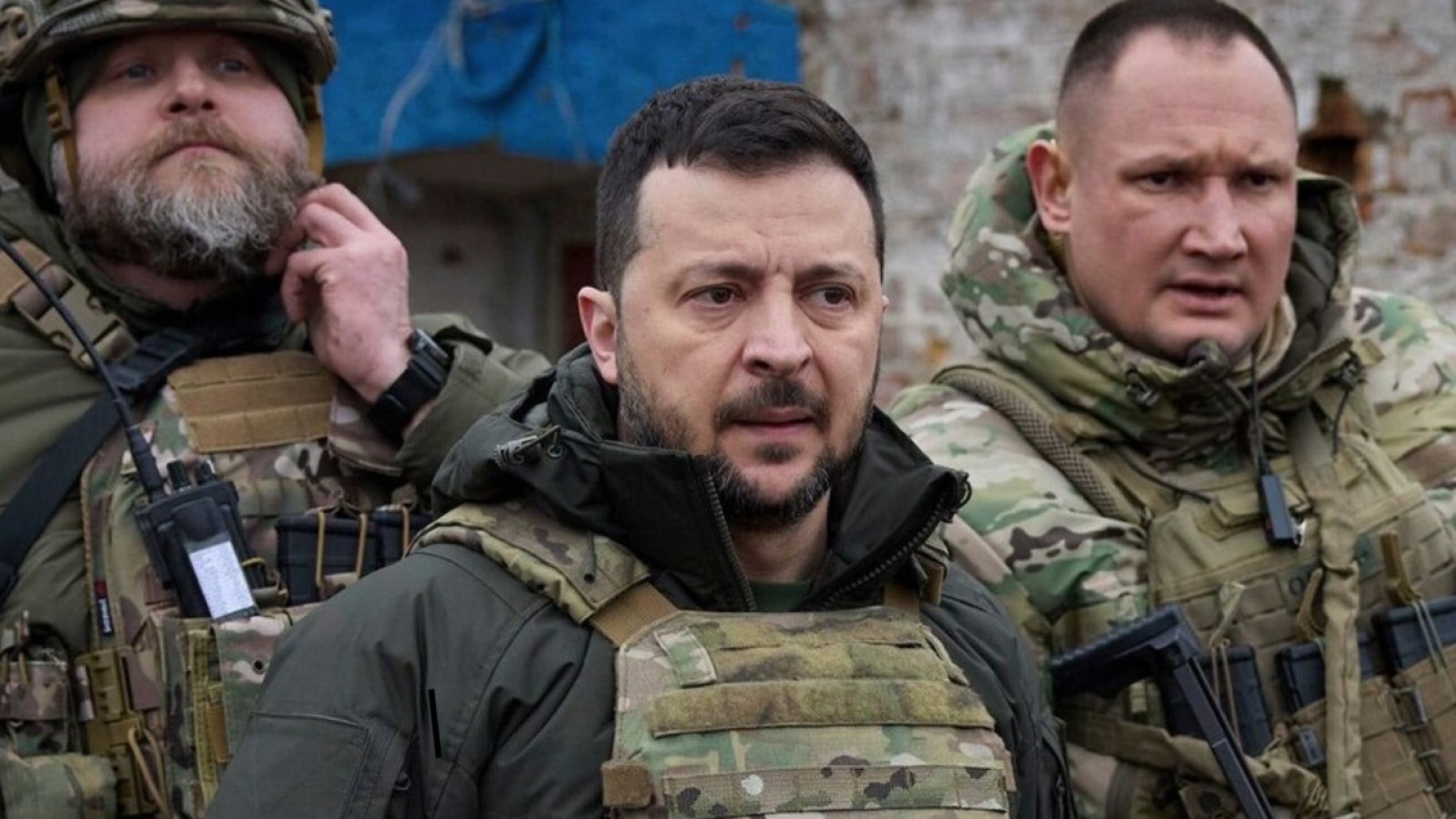
What do we know about military leadership changes in Ukraine?

Perugia Declaration for Ukraine
